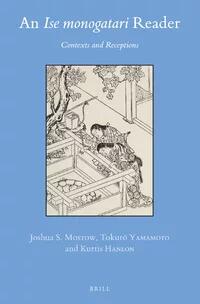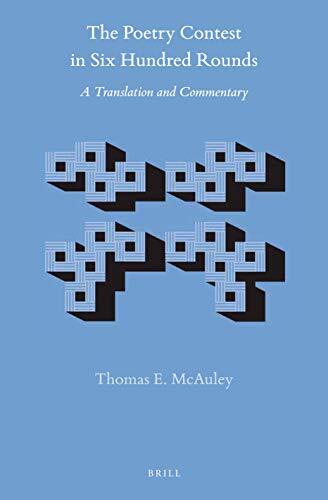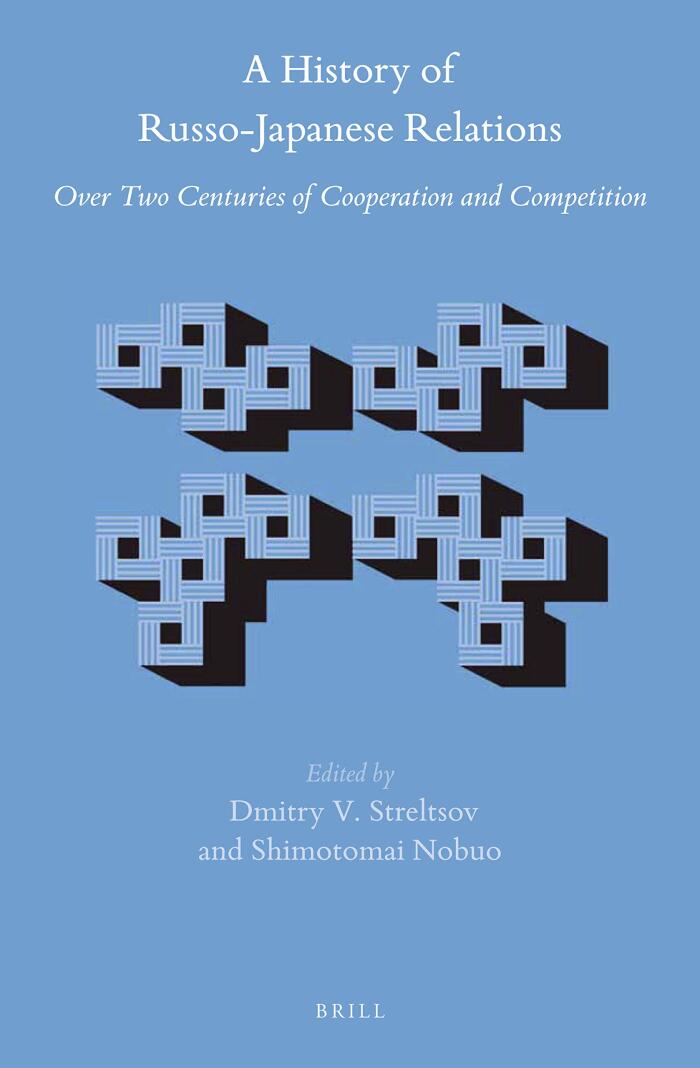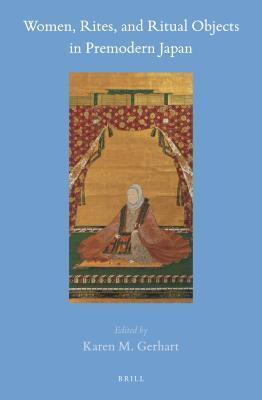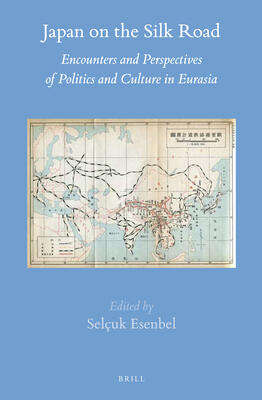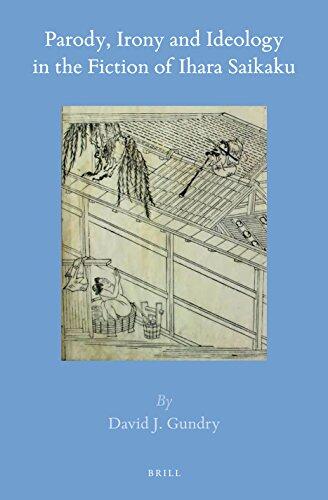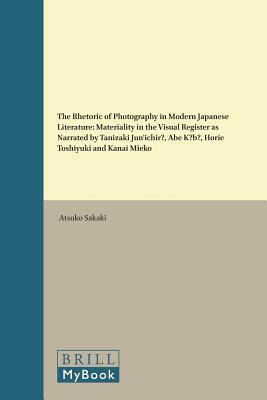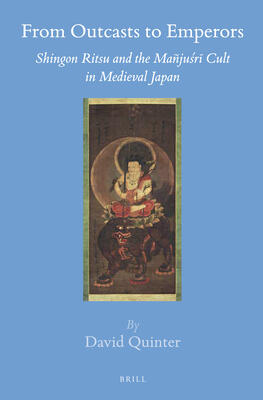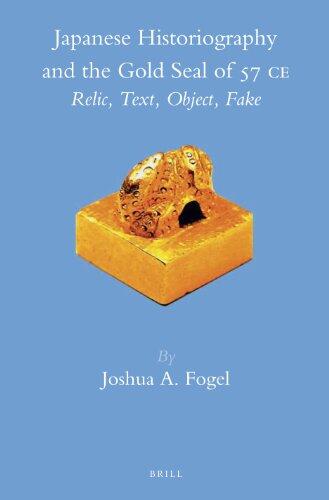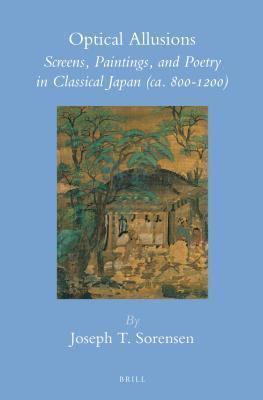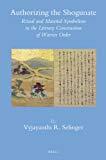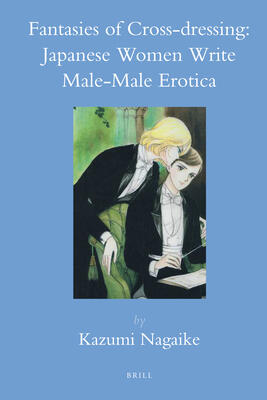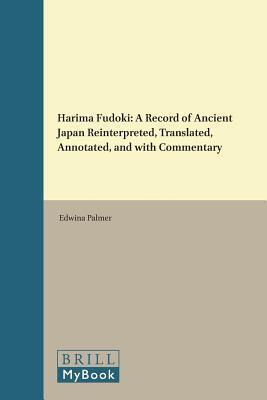
Harima Fudoki: A Record of Ancient Japan Reinterpreted, Translated, Annotated, and With Commentary
によって
Edwina Palmer
まだ評価がありません
History
形式
ハードカバー
ページ数
303
言語
英語
公開されました
Nov 20, 2015
出版社
Brill Academic Pub
ISBN-10
9004269363
ISBN-13
9789004269361
説明
Harima Fudoki offers a captivating glimpse into ancient Japan, dating back to 714 CE. This invaluable text serves as one of the earliest documented accounts, providing insights into the culture, customs, and geography of the Harima region during that time. Edwina Palmer’s meticulous reinterpretation and translation breathe new life into these historical narratives, making them accessible to modern readers.
Through detailed annotations and thoughtful commentary, Palmer contextualizes the text, shedding light on the rich tapestry of ancient Japanese life. Each section reveals intriguing aspects of social structures, worship practices, and the everyday experiences of people long ago. This work not only preserves a significant piece of history but also invites contemporary reflections on how the past informs the present.
Readers are encouraged to explore the layers of meaning embedded within the text, allowing a deeper understanding of Japan's cultural heritage. The combination of academic rigor and engaging prose ensures that both scholars and general audiences can appreciate the significance of Harima Fudoki and its contribution to Japan's historical narrative.
Through detailed annotations and thoughtful commentary, Palmer contextualizes the text, shedding light on the rich tapestry of ancient Japanese life. Each section reveals intriguing aspects of social structures, worship practices, and the everyday experiences of people long ago. This work not only preserves a significant piece of history but also invites contemporary reflections on how the past informs the present.
Readers are encouraged to explore the layers of meaning embedded within the text, allowing a deeper understanding of Japan's cultural heritage. The combination of academic rigor and engaging prose ensures that both scholars and general audiences can appreciate the significance of Harima Fudoki and its contribution to Japan's historical narrative.

